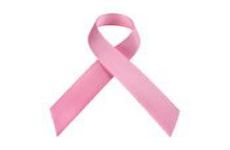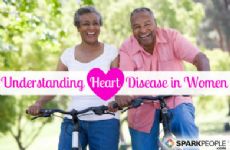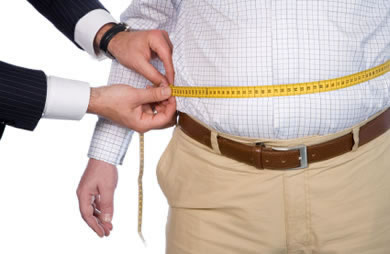|
As a writer who’s focused on women’s health for the last 17 years, I know all too well the many myths and misperceptions that persist about breast cancer. Even a friend of mine who works in healthcare won’t wear an underwire bra or use antiperspirants because she’s afraid they’ll increase her risk of breast cancer—but she’s never had a mammogram. And that’s just the issue: Misinformation can make us concerned about the wrong things. “Women often focus on claims that wearing underwire bras or using antiperspirants causes breast cancer, even though there’s zero evidence that they do,” says Victoria Seewaldt, MD, director of the breast cancer prevention program and professor of medicine at Duke University. Meanwhile, too many women (like my friend) are delaying screenings such as mammograms that can help catch the disease in its earliest, most treatable stages. Another misperception is that the news is only bad when it comes to breast cancer. The truth is, survival rates are higher today than ever before, and there are steps you can take to shift the odds in your favor even more. The key is to arm yourself with solid, reliable information. Fortunately, the country’s top breast cancer experts are here to tell you how to protect yourself. 1. Self-exams are no longer officially recommended—but do them anyway. Familiarizing yourself with the look and feel of your breasts is still a smart move, since some breast cancers aren’t picked up by mammograms and others can develop between annual mammograms. “The fastest-growing, most aggressive tumors are often the ones that often crop up between screenings,” says Anne M. Wallace, MD, professor of clinical surgery and team leader at the University of California San Diego Moores Cancer Center Breast Program. You don’t necessarily have to examine your breasts in a certain pattern or do it on the exact same day every month, but you should check them often enough to be able to distinguish a worrisome change from your usual lumps and bumps. If you notice anything odd, don’t panic (many lumps are completely benign), but call your doc right away to get it checked out. 2. The radiation you get from a mammogram is minimal. New research has found that the risk from exposure to mammogram radiation is even lower than previously thought. What’s more, the newer digital mammograms use about 22% less radiation than traditional film mammography, says Dahlia Sataloff, MD, a clinical professor of surgery at the University of Pennsylvania School of Medicine and director of the Integrated Breast Center at Pennsylvania Hospital in Philadelphia. They also take sharper pictures, so there’s less of a chance that you’ll get called back for a repeat test. “Most centers have digital mammography, but check beforehand to make sure,” Dr. Sataloff says. 3. Having a drink a day is probably too much. Alcohol may be good for your heart, but when it comes to your breasts, it’s another story: Research suggests that even one drink per day could raise your breast cancer risk, says Christine Laronga, MD, clinical director of breast surgical oncology at H. Lee Moffitt Cancer Center in Tampa. To be safe, limit it to three drinks per week—but don’t get in the habit of “saving” your weekly drinks and downing them all in one night. If you regularly have two or three glasses of wine or cocktails at once, your risk of breast cancer jumps to 20% higher than if you abstained completely, according to Susan G. Komen for the Cure. The way alcohol is metabolized in a woman’s body may increase estrogen levels in the bloodstream, which increases your breast cancer risk. Research has shown that getting enough folic acid (folate)—at least 600 mcg per day—may help undo some of the damage of regular drinking. You’ll find it in orange juice, leafy greens, beans and fortified breakfast cereals. For extra insurance, ask your doctor if you should take a multivitamin that contains it. 7 more ways to protect against breast cancer! Stories you might like:
Were any of these preventative tips surprising to you? If so, which one(s)? |
More From SparkPeople
|






.jpg)


.png)










